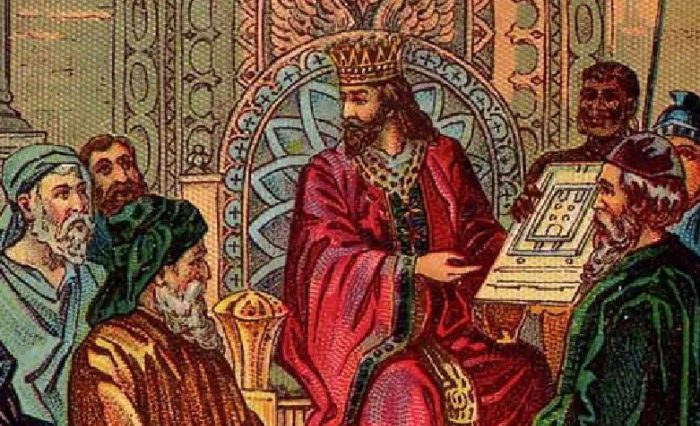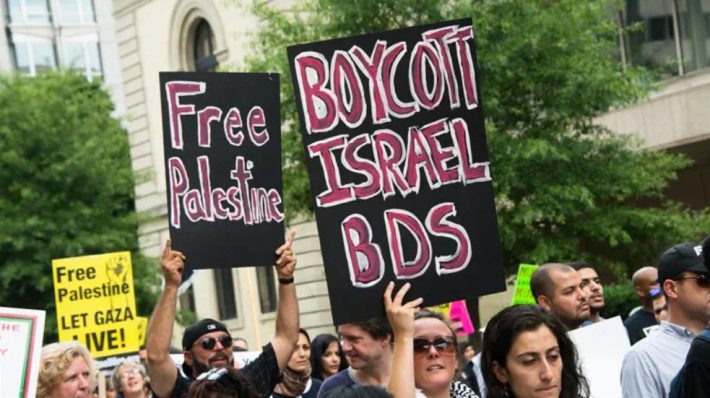While Thomas Hobbes saw humanity as doomed without a coercive state, the Torah envisioned a higher model—personal responsibility and divine accountability in place of fear and force.
Why Do We Even Need a King?
Emanuel Elstein, a yeshiva Torah Mitzion shaliach in Washington (2003-2004) and Avrech, Memphis (2010-2012) is currently Executive Director of Yeshivat Tekoa.
The English philosopher Thomas Hobbes, writing in the shadow of England’s brutal civil war, famously described life without a state as: “solitary, poor, nasty, brutish, and short.” His vision became the bedrock of modern political thought: people must surrender rights in a “social contract” so that the state can protect them from chaos. Laws, taxes, armies, even prisons—these were justified because human nature was considered selfish, violent, and competitive.
The Torah, however, proposed something radically different. While it allowed for the appointment of a king, it framed monarchy not as an absolute necessity but as a concession—and a limitation. Unlike other ancient societies that glorified the king, the Torah surrounded him with restrictions, designed to prevent tyranny and unchecked power.
Moses offered a far more daring model: a just society built not on external coercion but on internal responsibility. Instead of fear of rulers, the Torah placed the weight on fear of God and a commitment to mitzvot between man and his fellow. In this ideal, each individual becomes a guardian of fairness and justice. As Gideon declared in rejecting rule over Israel: “I will not rule over you, nor shall my son rule over you—the Lord shall rule over you.”
But the reality proved harsher. In the days of the Judges, the absence of centralized power spiraled into anarchy: “Every man did what was right in his own eyes.” Ultimately, Israel demanded a king, and against the prophet Samuel’s warning, monarchy became a necessity. From there governance evolved—eventually into democracy, a system designed, like kingship, to restrain chaos and maintain order.
Yet the Torah’s vision remains an unfulfilled dream: that humanity could one day build a society so bound by moral duty and mutual care that no external coercion is needed. A redeemed society where, in the words of the prophet, “Each man shall help his fellow, and to his brother he shall say: Be strong.”





